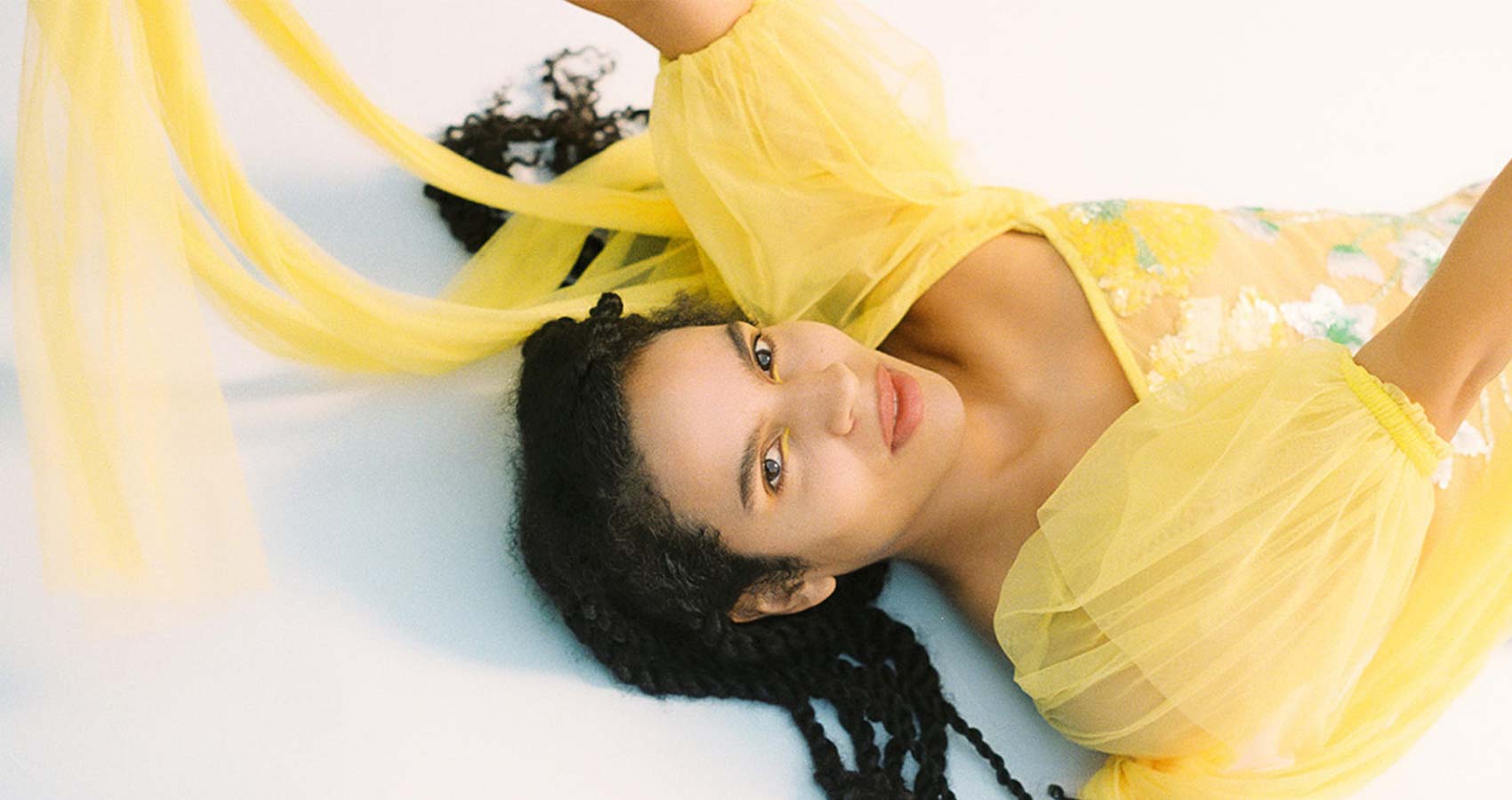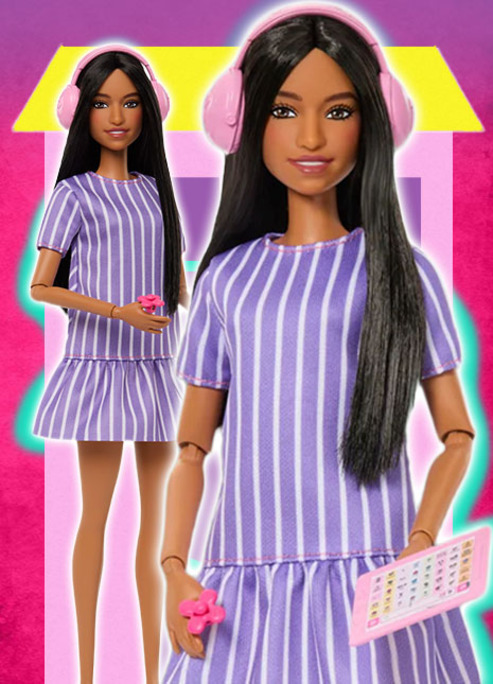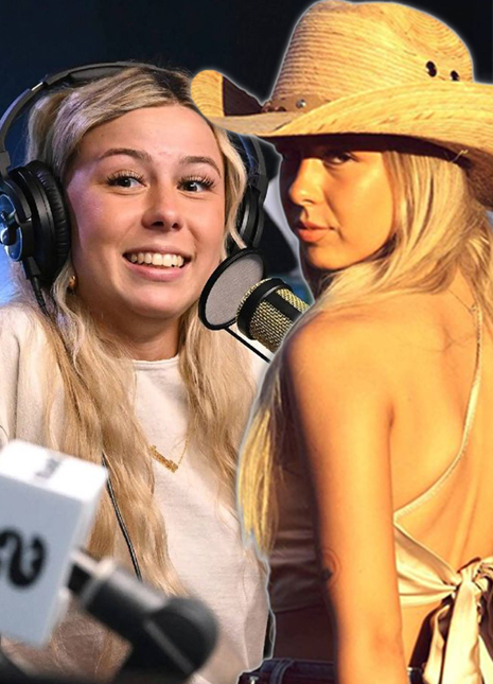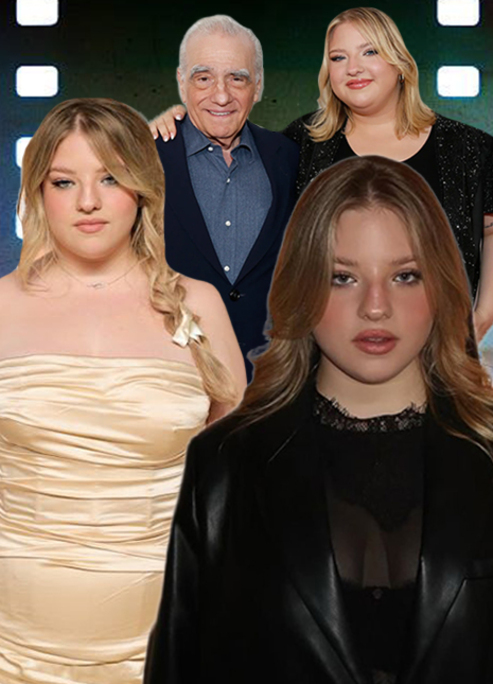
Shungudzo Tells Us How Her Experience Of Black, Queer Woman Can Be Relatable To Anyone
'I’m so much more that a sweet, good girl.’
Is there anything Shungudzo can’t do? She studied at Stanford University, she represented Zimbabwe as the first black woman on the gymnastics national team, she wrote songs for Jessie Were and Little Mix, and she even appeared on the 2011 season of the American reality show The Real World: San Diego. Her newest record, I’m not a mother, but I have children, has just come out.
Collaborations with artists from the other end of the musical spectrum, as well as participation in the reality show, seem to be completely different from her socially engaged art and activism but she knows how to explain her diverse CV. ‘We’re all multi-dimensional people, we feel so many different emotions in different situations. Songs that sound so different from my project are not anti-me, they are a magnifying glass of a different part of myself.’
On the other hand, though, she admits, ‘it took me a long time to become comfortable with being on a reality show because I thought that people would take me less seriously. My motives for being on it were honest though because as a kid, I watched earlier seasons that centred around AIDS and lesbian women. Both were really eye-opening and soul- and mind-expanding, for a queer person who didn’t know that there was even a word for the way that I was feeling.’ This is why she has always tried to pave the way and contribute to a mindful representation of minorities. ‘I don’t necessarily view those things as that different. Those were different expressions of the same intention. I always, in some way, wanted to be an activist or a kind person, at least.’
Among her many talents, first and foremost though, she’s an unapologetic artist with capital A, who puts not only her heart and soul but also her fascinating mind and her authentic life story into her music. Her newest record, I’m not a mother, but I have children, which is not to be missed, challenges stereotypes and principles imposed by the white-washed society, including clichéd rules of songwriting. ‘Mainstream pop writers use a lot of tools – but they use them so much that they almost become rules. For example, starting different parts of the song on a different beat, jumping right into the song without an intro, not having a long outro and keeping things short, not using notes in your chorus that you used in the verse and saving notes.’ She adds that there are no rights or wrongs but her creative process has always felt more free-flowing. ‘Making this album was a process of understanding and trusting my intuition and creativity.’
She also challenges the lyrical interests, shifting the emphasis from boyfriends, girlfriends and hookups to relationships with parents, as shown by songs like ‘Fatherless Child’ or ‘White Parents.’ Together, we discuss the difference between the record’s title I’m not a mother, but I have children and its potential reversal, I don’t have children, but I am a mother. She agrees that as women, we have the right to decide whether or not we want to have children and explains her title came around in a similar way. ‘It’s the sense of not having children but recognizing my vision of the world. I very much think about life in terms of an infinite continuum of past and future. All of the things that we do now will very impact the future world, all generations, not just humans.’
Her very own parents dreamed an academic life for her, which is why she studied at Stanford but she took her own path. ‘I went through many stages of disappointing my parents, whether it was dropping out of school to become a musician, or quitting things that they had invested so much time and energy,’ she laughs but also, recognizes the burden of expectations. ‘All my life I tried hard to be good – a good daughter, a good girl and a sweet person. I realized though that life is not all about being good but all of the things you feel. I’m so much more than a sweet, good girl.’ And her parents, who now are rightfully proud of her, finally realized it as well. ‘They created somebody who wants to devote her life to talking about what’s happening in the world and protesting through music. I don’t worry about them thinking if I am a good daughter anymore.’
A few months ago, we featured a release of Shungudzo’s single ‘White Parents,’ a fierce and piercing scream against racial fetishization. ‘It was very much inspired by many experiences that ranged from casual encounters to serious relationships. It’s a hopeful song, but also quite sad. People can be kept from having the truest, deepest love because they were born different, or have different lenses through which they see the world.’ This is why she opens up the song’s message. ‘Although the story is quite personal and directed at white parents, the emotions are directed at the concept of people who can’t be together because of how they were raised.’ A modern, angry and powerful re-interpretation of Romeo and Juliet.
Neither of the people who she previously dated, reached out with apologies or reflections after the song came out - with one exception. 'Someone who I dated in the past reached out but his parents are actually lovely. They live in a town that is quite classist and racist and I often found myself as the only person of color in the room. He was worried cause he knew that those things could have been difficult for me. I reassured him that his parents are great, though!,' she laughs.
As a poet, she admits that lyrics are the most essential element of her expression. ‘I’m very lyric-driven. I would alter a melody or sacrifice catchiness in order to say what I want to say.’ On the other hand, though, her visuals strengthen the message as well. In ‘White Parents,’ Shungudzo paints her body and face white, completely reversing and twisting the extremely offensive historical concept of ‘black face,’ into ‘white face’ although she doesn’t really want to use that expression. ‘I knew it would be controversial, but I also know that ‘white face’ is not equivalent to ‘black face’ because ‘black face’ is rooted in systemic oppression and in racism. So in this case, I wouldn’t even call it ‘white face,’ I would just describe it as me painting myself white. And you can do what you want with it.’
Asked whether she felt like a racialized fetish on The Real World: San Diego ten years ago, she hesitates for a second. ‘That’s a really great question. I think that for a long time, in all TV, reality or not, there was always this sense of necessity to have a black person or a gay person. People were added for the sake of diversity without actually embracing it, which requires acknowledging privileges and injustice.’ As ever though, she finds a silver lining, ‘I hope that I also helped somebody else feel understood or heard.’
Although the song ‘White Parents’ is absolutely brilliant, catchy, powerful, almost wild yet highly emotional and brutally honest, it does not reveal the diversity and complexity of the entire album. On I’m not a mother, but I have children, Shungudzo shares very personal but simultaneously, extremely relatable experiences – relatable for anyone who has a soul, a heart and a body. ‘On the surface, the record seems to be about female issues and black issues but I really wanted it to be in a greater sense, a portrait of a human experience. I wanted people that are unlike me to feel that they can relate to it as well. Some of the verses are specific but I tried to open the choruses into grander emotions.’
Yet she also acknowledges the necessity to speak up about her own story of a black, queer woman. ‘For so many years, I was writing similar songs on this subject matter, and although people thought that they were cool or good, they were uncomfortable with the conversation. It’s beautiful that now, they opened their hearts and minds to listen to these stories.’ That’s why, her album is an explosion of tangible, organic emotions like pain, anger, angst, disappointment but also, hope, tenderness and love.
And at the end of the day, optimism wins. ‘I am feeling overwhelmingly hopeful, in spite of the hardships that we experience internally and externally. There are so many positive changes happening that ultimately, will lead us to a better future.’
Next Up, Making A Splash: We Chat To HARLEE, Your Next Favorite Artist











